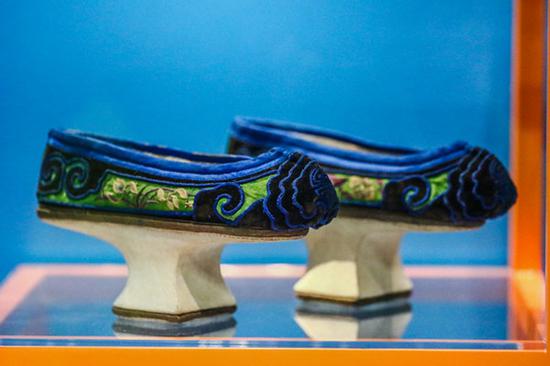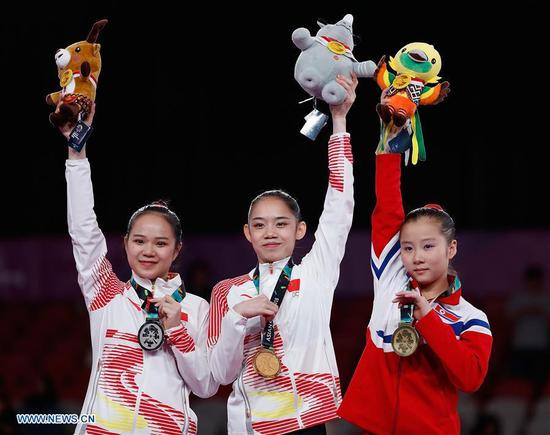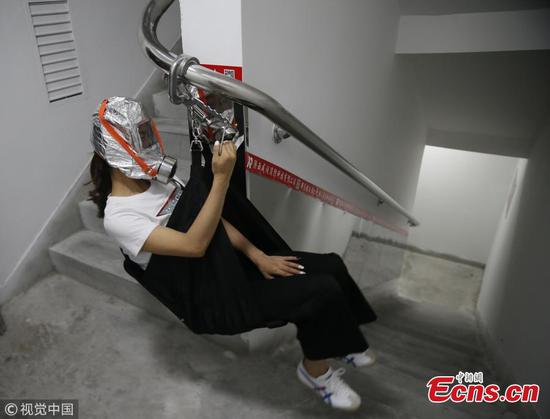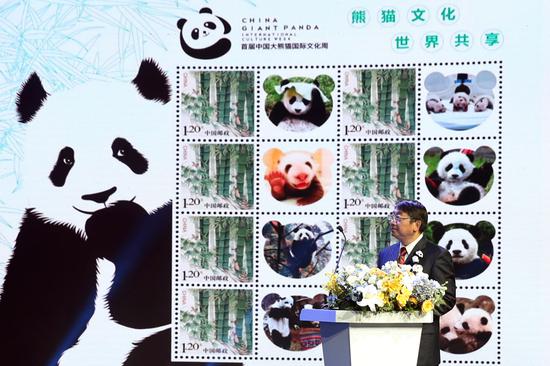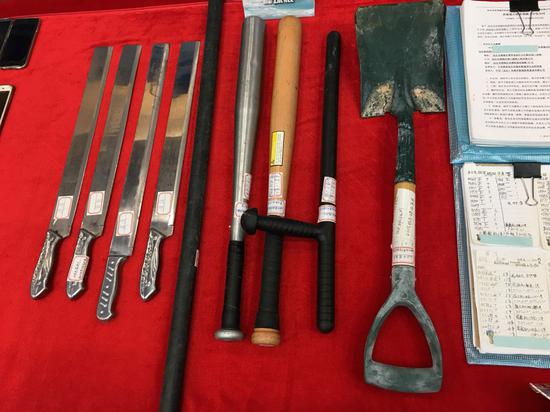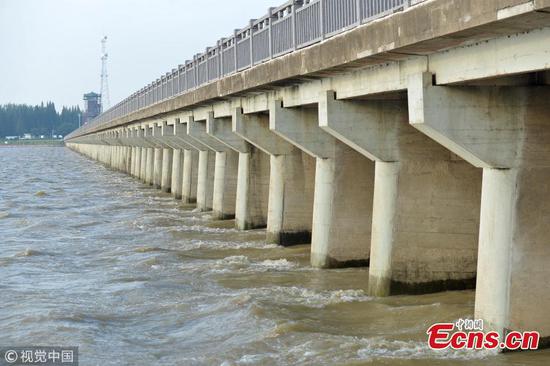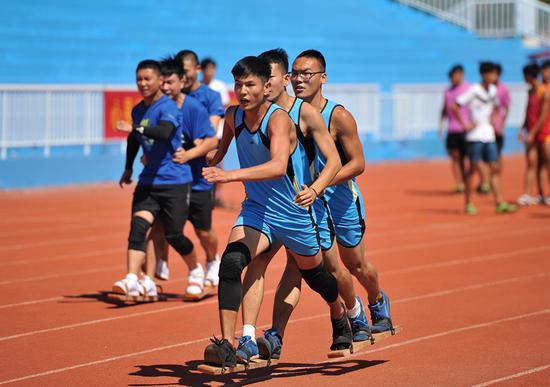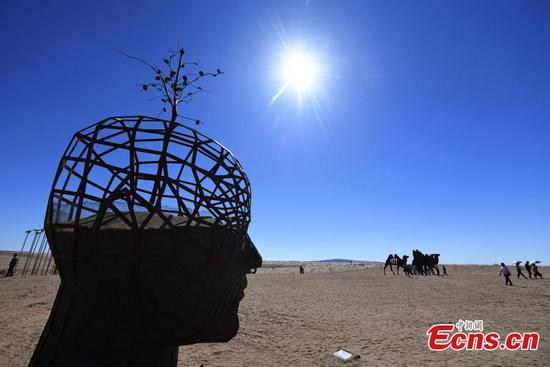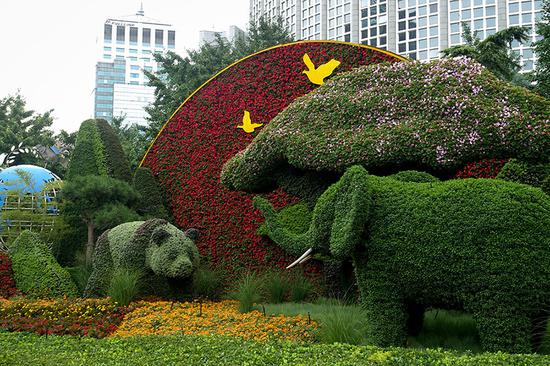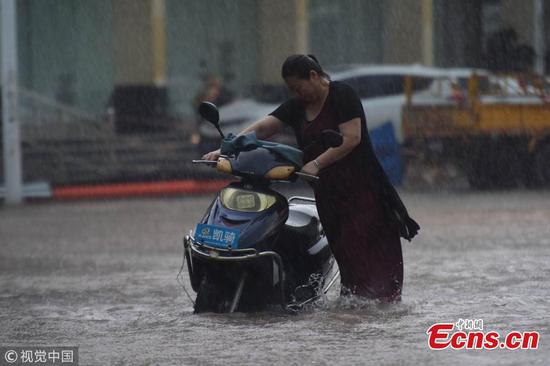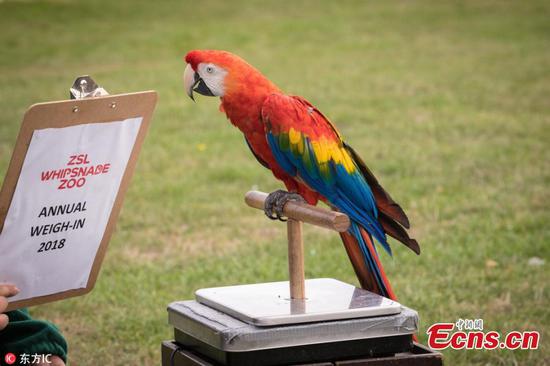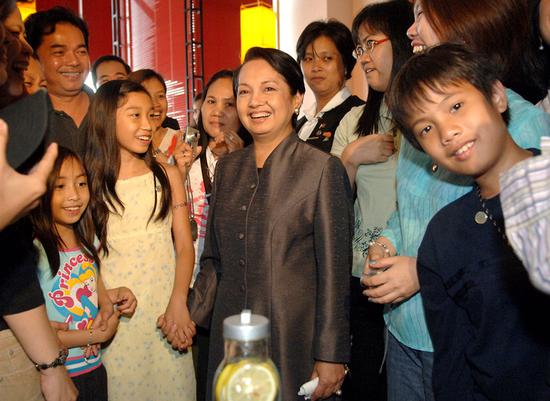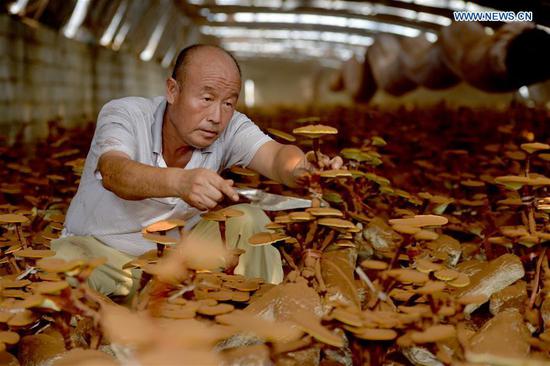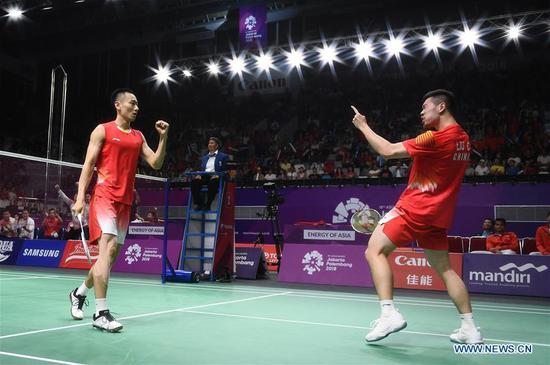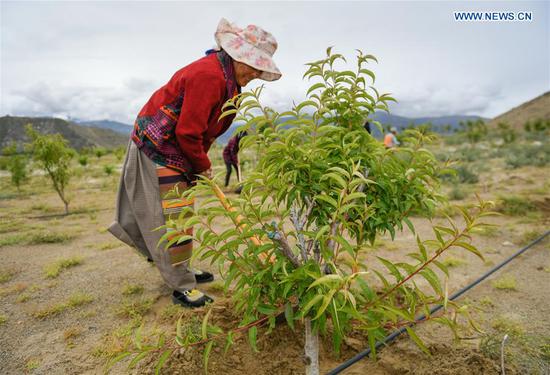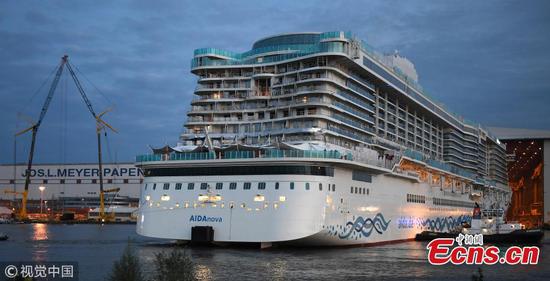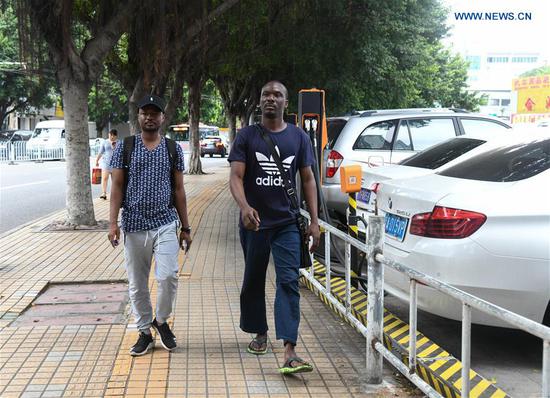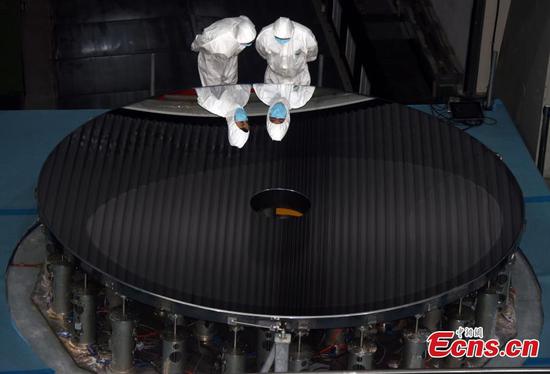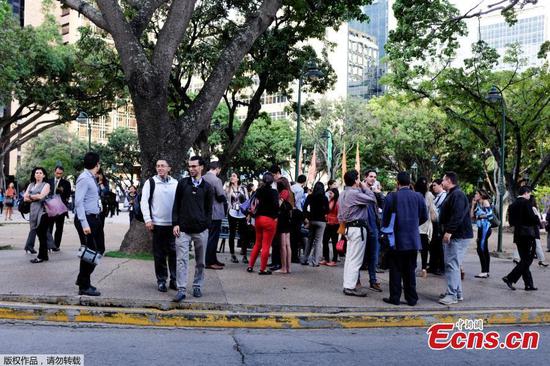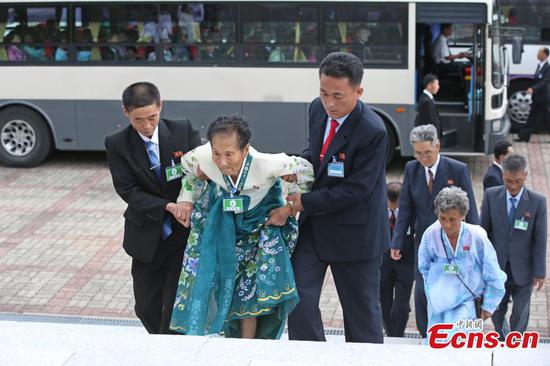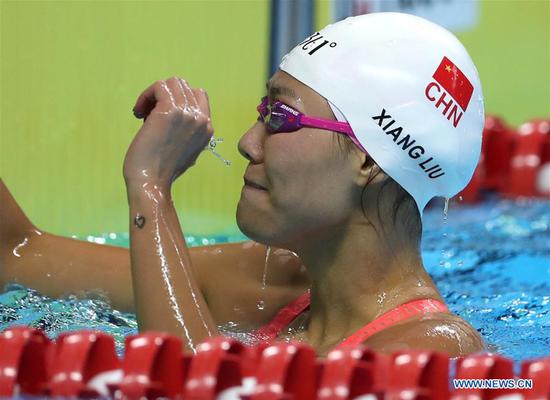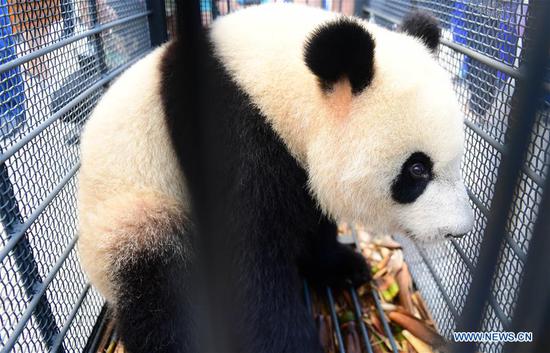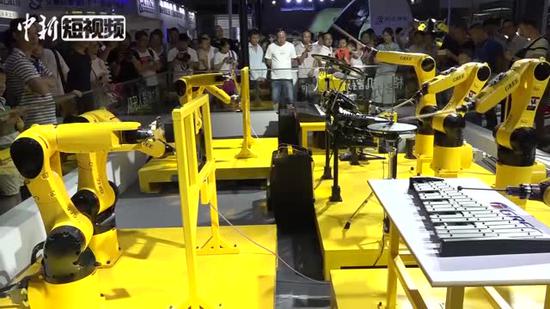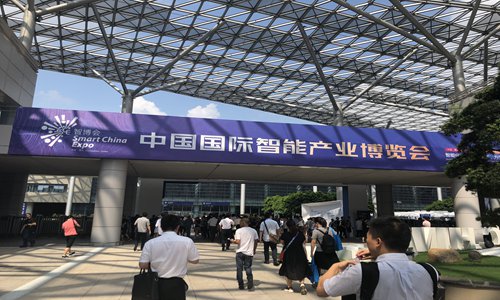
Visitors attend the first Smart China Expo held in Southwest China's Chongqing Municipality on Thursday. Photo: Zhang Hongpei/GT
China needs to invest more in long-term, fundamental research of advanced technologies that can stand against the wind, said industry experts and entrepreneurs at an expo in Chongqing.
The first Smart China Expo was kicked off in Southwest China's Chongqing Municipality on Thursday.
"We are currently in a period of gathering momentum for a new round of scientific and technological revolution and industrial transformation, with rapid changes in the new generation of information technology represented by the internet, big data and artificial intelligence (AI)," said Chinese President Xi Jinping in a congratulatory letter sent to the expo.
Xi said that China attaches great importance to innovation-driven development and is firmly committed to its new vision for development by accelerating the industrialization of the digital economy and the digitization of industries to promote high-quality development and pursue better lives for the people.
China's digital revolution has been rapidly spreading from the domain of business to public life and government affairs, vertically trickling down to almost all sectors, said Tencent CEO Pony Ma Huateng in a keynote speech delivered at the expo on Thursday.
However, the digitization process cannot be completed in one step. It requires more "craftsmanship" to improve every detail instead of being subject to hype, Ma continued.
China must put its heart into fundamental technology research, which is the key for the country's rejuvenation and economic transformation, entrepreneurs stressed.
"We need to concentrate on [our research] and learn to play ball against the wind," Ma noted. "The China-US trade friction in the past four months showed us the gap between China's technology standards and those of the US, and the trade row has also had some impact on collaborative innovation among nations. It has even started to shake the foundations of the global technology industry, which has witnessed prosperous development in the past two decades," he continued.
Piero Scaruffi, the founder of the Silicon Valley Artificial Intelligence Research Institute, told the Global Times on Thursday in an exclusive interview that "the trade war or tariffs make no sense for science and technology."
Silicon Valley is paying higher costs due to the price hikes of Chinese imports, said Scaruffi.
"It is undeniable that China is the best country in the world in terms of technology application, as exemplified by mobile payments and many other things. However, compared with the US or EU in terms of fundamental research in general technology, China really lags behind," he said.
According to an industry white paper released on Saturday, the talent pool for China's integrated circuit (IC) industry was about 400,000 at the end of 2017, but China needs 320,000 more to fill the gap and meet the development demand in the IC industry.
However, only about 30,000 students who graduated in related areas would choose to work in the IC industry, the paper said.
Liang Hua, chairman of Chinese technology giant Huawei, said in a keynote speech delivered at the expo that "history has proved that fundamental research is the root of an industry's birth and vitalization, without which a solid foundation cannot be built."
"In the next two or three decades, no matter what changes the technological revolution and world situation will bring, the mission of the digital economy in empowering the real economy calls for long-term fundamental research investment and medium- or short-term solutions for business problems," Liang noted.











